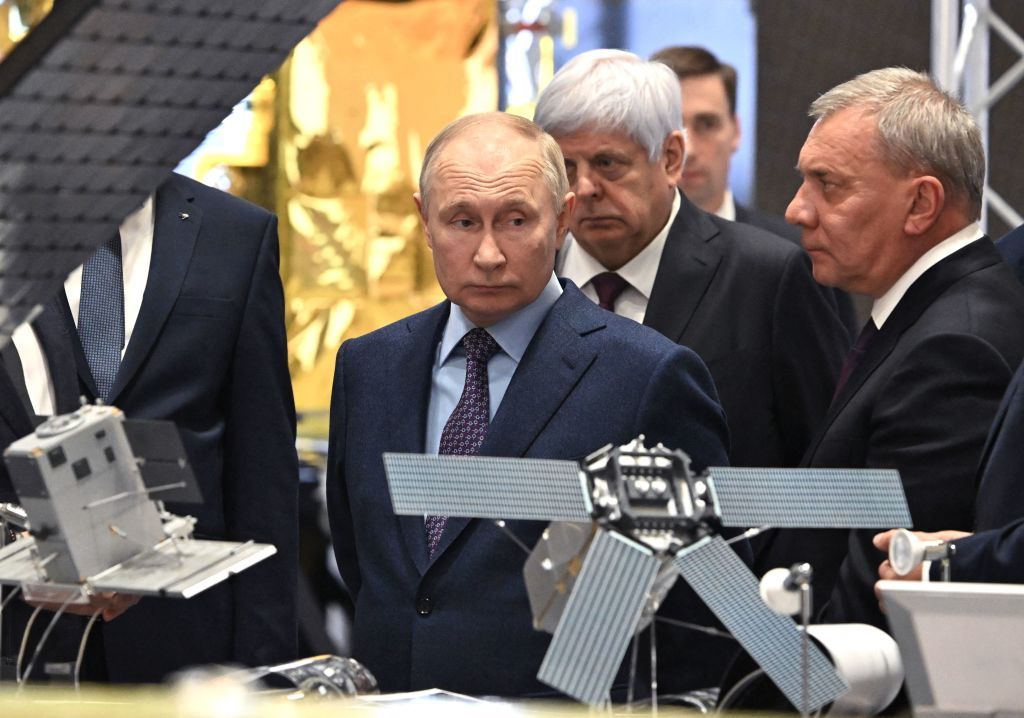Russia launched counterspace weapon into orbit, US says

Russia has launched a counterspace weapon into orbit capable of attacking a nearby U.S. government satellite, Washington officials said earlier this week.
"On May 16, Russia launched a satellite into low Earth orbit that the United States assesses is likely a counterspace weapon presumably capable of attacking other satellites in low Earth orbit," Robert Wood, the U.S. alternative representative for Special Political Affairs at the U.N., said on May 20.
Wood described the move as "troubling." Pentagon spokesperson Brigadier General Pat Ryder separately said on May 21 that the U.S. was monitoring the situation and had a "responsibility to be ready to protect and defend… the space domain."
The development comes amid increasing concerns about the potential for space-based weapons and warfare. Washington and Moscow have increasingly clashed in recent weeks over the issue, accusing each other of trying to militarize space.
The Kremlin has not commented on the latest U.S. claims.
Last month, Russia vetoed a resolution at the United Nations Security Council (UNSC) aimed at preventing a nuclear arms race in outer space.
The draft vote was proposed by Japan and the U.S. and called on all states to uphold the 1967 Outer Space Treaty, which obligates nations "not to place in orbit around the Earth any objects carrying nuclear weapons or any other kinds of weapons of mass destruction."
Thirteen of the UNSC's members voted in favor, while Russia voted against. China abstained.
Earlier this month, it was reported that Russia tested a space-based anti-satellite weapon with potential nuclear capabilities in 2022.
U.S. officials said that Russia had launched a satellite into space in February 2022 to test components for a potential anti-satellite weapon that would carry a nuclear device. However, the satellite that was launched does not carry a nuclear weapon, the Wall Street Journal (WSJ) reported.
The U.S. House Intelligence Committee warned in February of a "serious" but unspecified security threat from Russia. Reports then followed that the threat relates to Russia's desire to "put a nuclear weapon into space."
U.S. President Joe Biden later said that Moscow was indeed developing an anti-satellite space weapon, but it did not endanger people on Earth. He added that there had not yet been a decision to launch the weapon into space.
The Russian satellite, named the Cosmos-2553, was launched in February 2022 and has been orbiting Earth since then, operating as a platform to test "nonnuclear components of the new weapon system," officials told the WSJ.
Russian officials have claimed that the Cosmos-2553 is "intended for scientific research," which the U.S. officials say is unlikely. The Kremlin has previously denied that it has any intention to put nuclear weapons in space.
If Cosmos-2553 or a similar satellite were equipped with nuclear weapons, it could destroy hundreds of satellites in low orbit with a blast.












